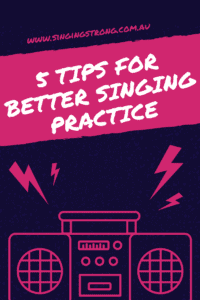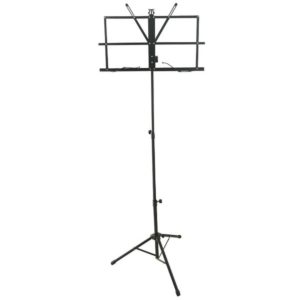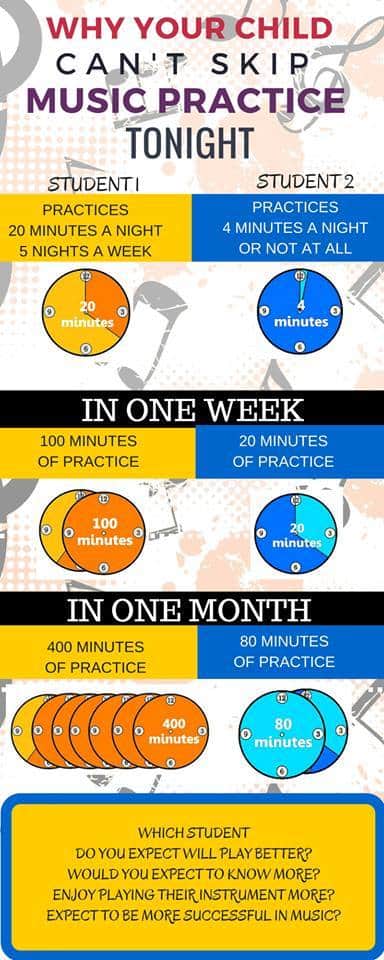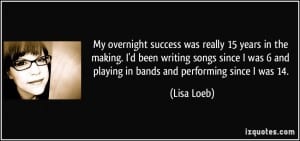The Voice begins on Monday 25th April
Who won The Voice in 2021? Have you listened to her music recently? Yes it was a girl who won – Bella Taylor Smith. A beautiful and talented singer who was able to win a singing competition in the midst of a global pandemic. But did it guarantee her success? It depends on what you classify as success. She won $100,000 and a recording contract. Has she gone on to do great things with her music. She might think so. Is her name well known? Probably if you watched the Voice, but outside that circle, I don’t think so. What about the winner in 2020? He is a more well known name: Chris Sebastian. What about his music career? Do you think it is much different because of the Voice? Maybe a little bit, but he hasn’t become a household name like his brother.
Singing competitions can be a lot of fun, or a lot of stress. They can give you opportunities to perform in front of an audience and develop your stage craft. You can win money and maybe get a music contract. My concern with a show like the Voice is that it focuses more on the back story of the singers and the judges are given a lot of focus. If you check how long the singers actually sing for, it may be a little over a minute. How can you truly gauge the skill of the singer in that amount of time? Does it guarantee success, wealth and the opportunity to tour the world and perform – for the very few, yes.
I think singing competitions are worthwhile, if you treat them as an opportunity for you to improve as a singer and musician. Focus on how you can take this opportunity as a way to grow as a musician. But don’t go into these thinking it will bring fame and fortune. That will only come with hard work, constant, consistent practice and persistence. Make sure you watch The Voice, even if only for one episode. Appreciate the courage it takes for these singers to get on stage in front of a nation wide audience and then enjoy the singing.







 Headphones are great for listening to music but not so good for practice.
Headphones are great for listening to music but not so good for practice.



 The answer is yes. If you are able to talk then it is possible to sing.
The answer is yes. If you are able to talk then it is possible to sing.

